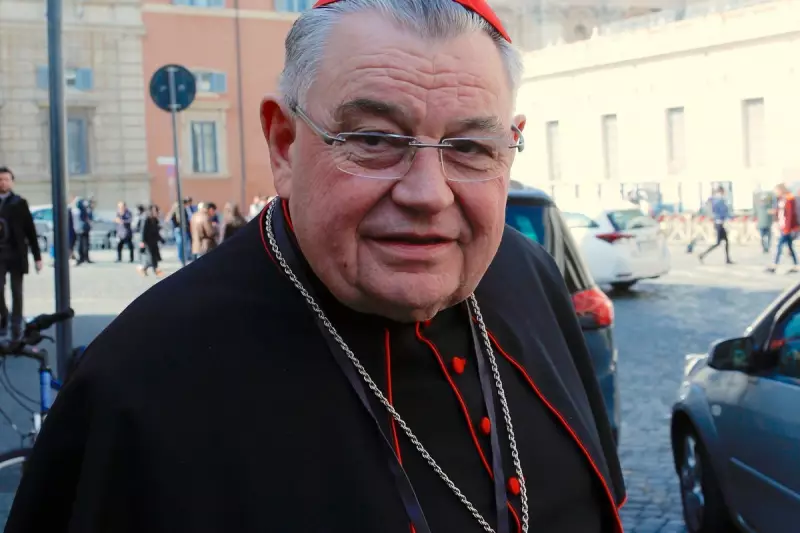
The Catholic Church in Prague finds itself at the centre of a growing storm after Archbishop Jan Graubner made explosive comments about former president Vaclav Havel, suggesting the celebrated democracy icon shared responsibility for communist-era persecution.
Controversial Remarks Ignite Public Fury
During a recent television discussion, Archbishop Graubner responded to criticism of the Church's historical cooperation with the communist regime by claiming that "even Václav Havel participated in the persecution of the Church." These remarks have triggered widespread condemnation across Czech society, with many viewing them as a deeply offensive rewriting of history.
Political Leaders Rally to Havel's Defence
The backlash has been swift and severe from political quarters. Current Czech Prime Minister Petr Fiala led the condemnation, stating the comments were "unacceptable" and failed to respect Havel's legacy. Other prominent politicians have joined the chorus of criticism, emphasising Havel's crucial role in leading the Velvet Revolution that toppled Czechoslovakia's communist government in 1989.
A Deepening Religious Divide
This controversy highlights ongoing tensions between religious institutions and their historical positioning during Czechoslovakia's communist era. Many Czechs remain sensitive about the Church's relationship with the former regime, making the archbishop's attempt to equate Havel with communist persecutors particularly inflammatory.
Who Was Vaclav Havel?
Vaclav Havel, who died in 2011, remains one of Central Europe's most respected political figures. Before becoming Czechoslovakia's first democratically elected president, he was a prominent dissident and playwright who endured multiple imprisonments for his anti-communist activities. His leadership during the peaceful Velvet Revolution made him an international symbol of democratic resistance.
Church Faces Mounting Pressure
As public anger grows, the Catholic Church faces increasing pressure to address the archbishop's comments. The controversy comes at a sensitive time for religious institutions in the predominantly secular Czech Republic, where trust in organised religion remains low following decades of communist influence and historical collaboration allegations.
The archbishop's office has yet to issue a formal apology or clarification, leaving many to wonder how the Church will navigate this self-inflicted crisis and whether it will attempt to repair the damage done to its public standing.





